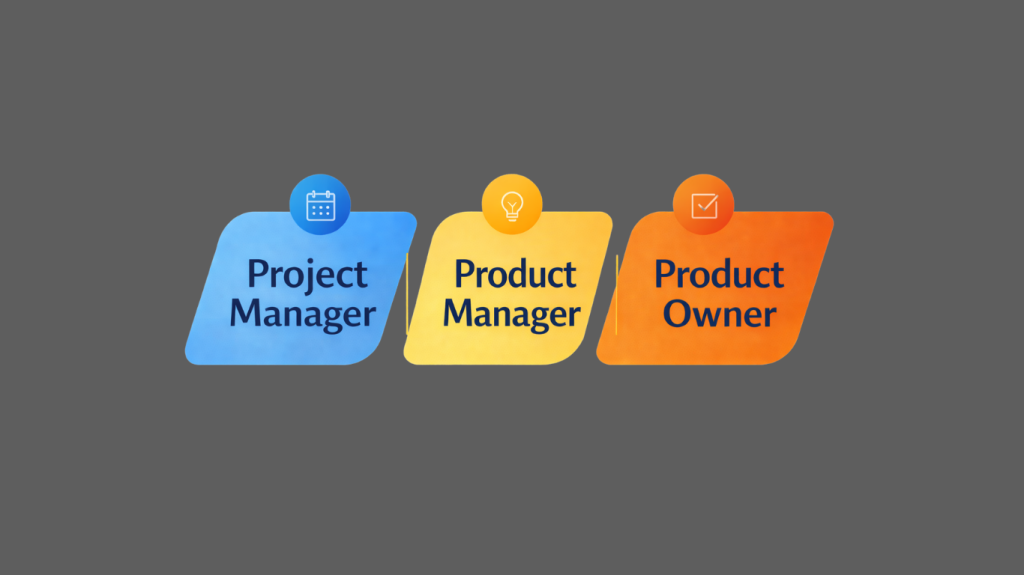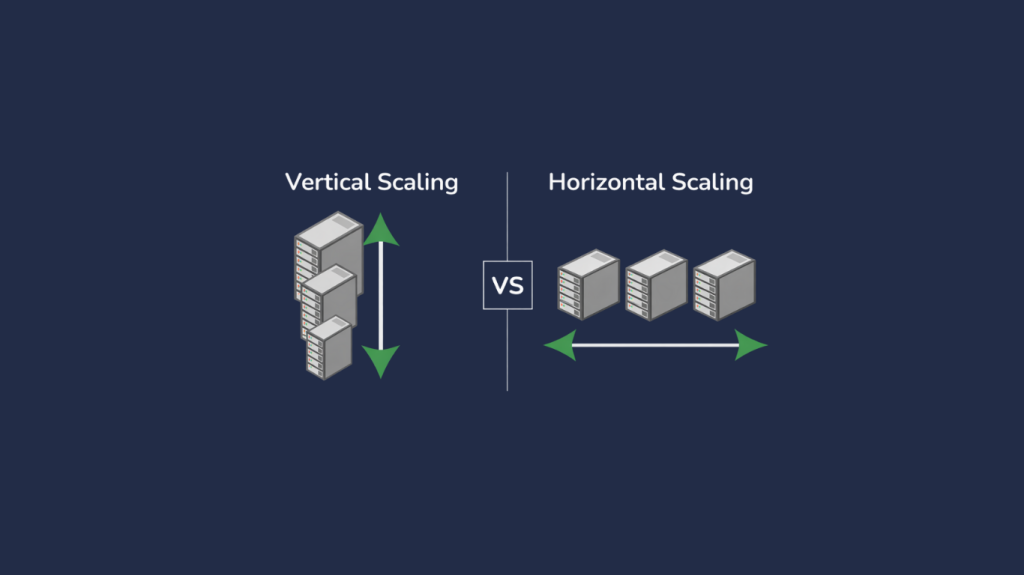Navigating AI adoption for the future of business
In today’s modern, fast-paced business environment, transformative innovations such as artificial intelligence (AI) are redefining industry norms and operations, similar to the seismic shifts brought about by the internet in the late 20th century.
This guide is designed to clarify the intricacies of AI integration. Its primary goal is to illuminate the path for businesses, enabling them to navigate the complex landscape of AI development with confidence and make well-informed decisions when selecting the ideal AI development partner.
AI – From past to present
AI’s evolution from a theoretical concept to a technological powerhouse is extraordinary. In recent years, AI’s prominence has surged, driven by advancements in computational power, data abundance, and breakthroughs in machine learning techniques. The advent of powerful GPU chips from companies like Nvidia and the emergence of platforms like ChatGPT have played pivotal roles in making AI more accessible and powerful, thereby catalyzing this technological leap forward.
The landscape of AI development services is as diverse as it is dynamic, offering a spectrum of solutions ranging from custom AI software development to specialized AI applications. These services, provided by AI software development companies, AI development firms, or AI application development services, provide a plethora of products designed to cater to specific business needs.
From industry-specific tools to general-purpose platforms, the possibilities for integrating AI into your business processes are limitless, opening doors to unprecedented efficiency and innovation.
AI in action — Real-world use cases
The transformative impact of AI extends across industries, reshaping operations, enhancing customer experiences, and driving data-driven decision-making. Here are some vivid examples illustrating AI’s profound influence.
Healthcare: Personalized treatment plans
AI algorithms analyze patient data, including genetics, lifestyle, and previous health records, to tailor personalized treatment plans. Tools like IBM Watson are revolutionizing oncology by assisting in diagnosis and suggesting treatment options based on the latest research.
Finance: Fraud detection and risk management
Financial institutions leverage AI to detect fraudulent activities in real time by analyzing transaction patterns. AI systems like Kount are adept at identifying potential frauds, reducing false positives, and minimizing the need for manual review. A 2023 Gartner survey showed that 39% of organizations currently use AI in the finance function.
Retail: Customer experience and inventory management
E-commerce giants like Amazon use AI to provide personalized shopping experiences, recommending products based on browsing history and purchase behavior. AI also optimizes inventory management, predicting demand trends and assisting with restocking decisions.
Manufacturing: Predictive maintenance and quality control
AI in manufacturing settings predicts machine failures before they occur, saving costs and reducing downtime. Vision systems analyze products off the assembly line, ensuring quality control with greater accuracy than human inspectors.
Customer service: Chatbots and virtual assistants
AI powers chatbots and virtual assistants, providing 24/7 customer service across various industries. These AI systems, like ChatGPT, understand and respond to customer queries, improving engagement and freeing human agents to handle more complex issues.
These use cases are just the tip of the iceberg, showcasing AI’s versatility and potential to innovate and improve traditional business processes. As AI continues to evolve, its applications are bound to expand, offering new opportunities for businesses to grow and adapt to changing market dynamics.
AI’s roadmap — Predicting the future
While the immediate benefits of AI are tangible and impactful, its long-term potential is what truly captivates forward-thinking businesses. Predictions for the next 3, 5, or 10 years forecast AI’s role in transforming business operations and spawning entirely new industries and service paradigms. Embracing AI is not merely adapting to a recent trend; it’s about staying alive by investing in a fundamental shift that promises to redefine the contours of business and technology.
In the next three years
AI integration becomes mainstream
According to a 2023 Gartner survey, 79% of corporate strategists reported that technologies such as AI and automation will be critical to their success over the next two years. Moody’s analysts project a surge in expenditures on AI systems, from $76 billion in 2023 to $521 billion by 2027. Growing allocation towards generative AI systems is expected to fuel this boom.
Advancements in natural language processing (NLP)
The NLP market is witnessing rapid growth, expected to surpass $40 billion by 2025, a more than 14-fold increase from 2017. This growth is fueled by significant advancements in NLP technology, enhancing its application across various industries. Businesses stand to gain a competitive edge by investing in these evolving NLP technologies, capitalizing on their potential to transform industry practices and customer interactions.
Edge computing will speed AI application development
Edge computing is set to revolutionize AI application development by processing data near its source, enabling offline functionality, ensuring data protection compliance, and reducing computing costs. Semiconductor companies are advancing their technologies to support complex AI models on consumer devices. Notably, in October 2023, QUALCOMM launched its Snapdragon platform, enhancing support for various AI applications. Likewise, in December 2023, Intel introduced the Core Ultra processors with an integrated AI accelerator specifically designed for PCs.
In the next five years
Rise of AI in decision-making
A study by McKinsey suggests AI can help unlock $2.6 trillion in marketing and sales business value and up to $2 trillion in supply chain management and manufacturing. As AI technology matures, its role in decision-making processes is expected to grow, influencing strategies and operations.
This value is derived from cost savings through increased efficiency and automation, and also from AI’s contribution to better decision-making and strategy optimization. In marketing and sales, AI’s predictive analytics and personalized approaches can lead to higher sales and improved customer engagement. In supply chain and manufacturing, it can streamline operations and improve product quality, driving substantial business growth and operational excellence.
Growth of AI ethics and governance
The European Union’s General Data Protection Regulation (GDPR) and California’s Consumer Privacy Act (CCPA) are early indicators of the legal and ethical landscape shaping around AI. Organizations like the AI Now Institute advocate for accountable and ethical AI, a trend expected to gain more ground in the next five years.
In the next ten years
AI as a creator and innovator
According to Deloitte Insights, AI is expected to drive the next wave of economic growth and productivity. In the next decade, AI is predicted to create new products, business models, and industries, reshaping the global economy in a way similar to the impact of the steam engine or the internet.
Seamless human-AI collaboration
The World Economic Forum’s “The Future of Jobs Report 2020” highlights a trend towards augmenting jobs with AI rather than replacing jobs. It’s predicted the future workplace will see humans and AI working in tandem, complementing each other’s capabilities.
Embracing AI is about acknowledging and preparing for these trends. Businesses proactive in integrating AI into their strategy and operations are likely to lead in innovation and competitiveness, shaping the future of their industries.
Choosing the right AI partner
Embarking on the journey to integrate AI into your business operations is a decisive step towards future-proofing your enterprise. The choice of the right AI development partner is not just about hiring a vendor but about forging a strategic alliance that can profoundly influence the trajectory of your business. Here are the critical facets to consider when making this pivotal decision.
Technical expertise
The proficiency of your AI partner in the latest technologies is foundational. Assess their command over AI domains relevant to your needs, such as machine learning, natural language processing, and working with complex training data sets. A partner with a robust technical foundation can deliver solutions that are effective today and scalable for tomorrow’s challenges.
Industry-specific experience
Every industry has its unique challenges and nuances. A partner with experience in your sector can navigate these intricacies, ensuring the AI solutions are technically sound and aligned with industry-specific requirements and regulations.
Alignment with business goals
The right AI partner understands your business objectives and aligns the technology to serve these goals. They should have a strategic vision that complements your business, ensuring that the AI integration delivers tangible value and drives your business forward.
Innovative approach
In the rapidly evolving field of AI, complacency can lead to obsolescence. Your ideal partner should be a thought leader, ahead of technological trends, and willing to explore innovative solutions that give your business a competitive edge.
Scalability of solutions
As your business grows, your AI solutions should scale accordingly. Evaluate the ability of the AI partner to scale the solutions to keep up with your business’s growth, market dynamics, and evolving customer needs.
Support and collaboration
The journey doesn’t end with deploying an AI solution. Ongoing support, maintenance, and continuous improvement are crucial. The right partner offers robust post-deployment support and views the relationship as collaborative rather than transactional.
Ask the right questions
Engage potential partners with in-depth questions. Inquire about their previous projects, ask for case studies or references, understand their approach to data security, and gauge their commitment to ethical AI principles. The answers to these questions will offer deep insights into their capabilities and compatibility with your business vision.
Choosing the right AI partner is about finding a collaborator who brings technological expertise and a shared vision for success. It’s about selecting an ally who will walk with you side by side, navigating the complexities of AI integration, and steering your business towards a future marked by growth, innovation, and enduring success.
Conclusion
The transformative journey of AI is well underway, and the businesses that recognize and harness its potential stand to reap substantial rewards. Therefore, the significance of choosing the right AI development partner cannot be overstated.
As we stand at the forefront of this technological revolution, we must recognize AI not merely as a tool but as a cornerstone of your business strategy. It is pivotal for steering your company towards a future rich with possibilities.
In this era of transformation, partnering with a distinguished and forward-thinking ally like Curotec isn’t just a choice – it’s a strategic move. We don’t just facilitate adaptation to the AI-driven landscape; we propel your business to the forefront of innovation, ensuring you don’t just navigate the future – you shape it.
Embrace the power of AI with Curotec and transform your business into a beacon of progress and success in the modern world. Take the leap today, and secure your place in the AI-enhanced tomorrow.









